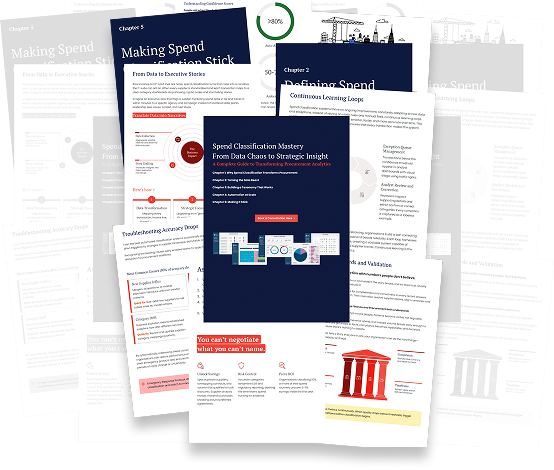Governance in procurement refers to the overall systems and procedural arrangements to ensure that the procurement process displays appropriate levels of control and probity. The key components of a governance regime are an appropriate procurement policy, procedures defining how the process should be managed, allocation of roles and responsibilities so that roles are separated and appropriately capable staff manage the key processes, and controls and review processes to monitor the conduct of the procurement process. For example, a procurement policy may define when competitive offers should be obtained, and how higher value acquisitions should be managed. Selected officers may control approvals to award certain categories of spend, so that there are no ‘closed loops’. Lower value acquisitions may be managed through simplified processes, but otherwise the governance regime may define the role and contribution of procurement staff in managing the organisation’s spend portfolio.
Take the Contract Management Self Assessment at Skills Gap Analysis.
« Back to Glossary Index









